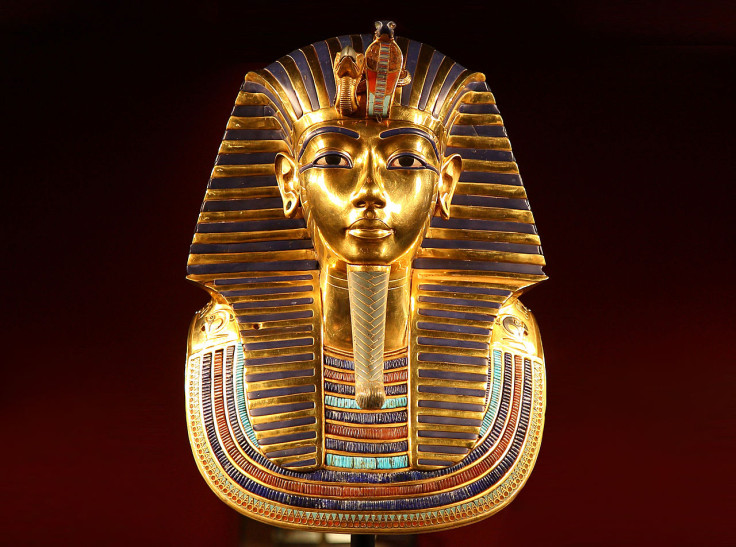Ancient Egypt: Archaeologists plan to exhibit remains of Tutankhamun's stillborn daughters
An international conference has brought together archaeologists to discuss King Tut's artefacts.
Archeologists from around the world have met in Cairo to discuss the fate of artefacts recovered from King Tutankhamun's tomb, during the third international conference dedicated to the great Pharaoh.
A majestic throne, a couple of chests and a bed are to be moved from the Egyptian Museum in central Cairo where they are on display, to a new museum erected on the other side of the Egyptian capital, in the vicinity of the Giza pyramids.
The archaeologists also discussed methods to display the human remains discovered in King Tut's tomb, particularly those belonging to his two stillborn daughters.
Protecting King Tut's treasures
At the heart of the Valley of the Kings, King Tut's tomb has been known for nearly a century. It was discovered in 1922 by English archaeologist Howard Carter. Many treasures have been found inside the tomb since then, but many mysteries still remain.
One that has greatly occupied archaeologists in recent years is whether secret chambers were hidden in the tomb and whether they could be holding the remains of Queen Nefertiti. Where she is buried remains one of ancient Egypt's biggest enigmas but results of the research conducted so far in Tutankhamun's tomb have failed to convince all archaeologists.

All agree however about the need to preserve the valuable artefacts that had been put in the tomb to accompany the deceased king in the afterlife.
Their concerns were exacerbated in 2014, when the beard attached to the ancient Egyptian monarch's golden mask was broken. The workers responsible for the damage hastily tried to reattach it with an epoxy compound, but ended up degrading it even more. Although it was later restored, the event prompted a discussion about how to best preserve the king's artefacts and whether they should be moved from one museum to another.
Archaeologists also planned to debate how human remains found in the tomb should be displayed to the public and what methods should be used to make sure they remain in a good state of conservation. There is in particular a lot of interest for what are believed to be the remains of two of Tutankhamun's daughters. Examined in 2008, they appear to be the remains of two girls, both stillborn, who might have been twins.
© Copyright IBTimes 2025. All rights reserved.





















